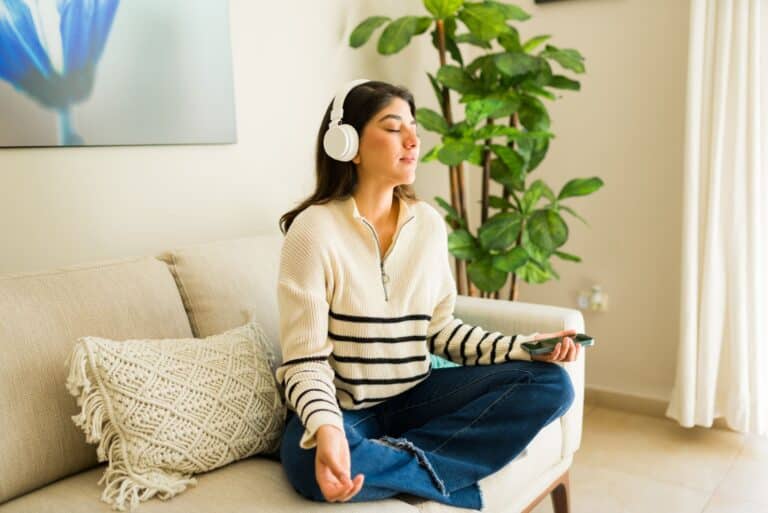
Beyond Spa Days: What Self-Care Strategies Look Like in Therapy
OT self-care strategies aren’t all spa days. When most people hear the term self-care, they think of bubble baths, face masks, or the occasional spa day. But for many adults navigating mental health challenges, workplace burnout, rainy Portland winters, chronic fatigue, or neurodivergence, self-care isn’t about luxury. It’s about survival.
At Holistic Community Therapy, we take a different approach. Self-care isn’t a one-size-fits-all prescription. It’s a deeply personal practice rooted in your daily energy cycles, executive function capacity, and lived experiences. As occupational therapists, we help you discover OT self-care strategies that support your mental health, without adding pressure or shame.
What Self-Care Actually Means in OT
Occupational therapy (OT) views self-care as any activity that supports your ability to care for your body, regulate your emotions, and meet your daily needs—even when your spoons are low and it’s dark before dinner. That can include:
- Getting dressed, even when you’re exhausted
- Preparing a meal that won’t drain your energy (like microwave rice + frozen veggies)
- Setting boundaries with loved ones who mean well, but ask too much
- Taking sensory breaks when overwhelmed (earplugs, soft hoodie, quiet room)
- Asking for help without guilt —even if you’ve always done it alone
Instead of pushing productivity, we focus on functionality and sustainability so your version of self-care works in your real life.
The Problem with “Instagram Self-Care”
The wellness industry often markets self-care as something expensive, aesthetic, or time-consuming. But for people with depression, chronic illness, ADHD, or trauma, trying to follow that model can feel like another thing you’re failing at.
You don’t need more pressure. You need practical, compassionate support.
Our approach is trauma-informed and neurodivergent-affirming. That means we prioritize safety, choice, and emotional regulation in every session. We start where you are and move forward together, step by step.
Realistic Self-Care Routines May Include:
- Washing your face once a day —or using a wet wipe when that’s all you can do
- Eating a snack with protein (think string cheese or a spoon of nut butter)
- Using a timer to limit screen time before bed (and not feeling guilty if it doesn’t work)
- Choosing clothes based on sensory comfort —soft fabrics, no waistbands
- Saying “no” when your energy is low (and resisting the urge to explain)
- Having a “low-spoons” checklist for tough days with 5-min tasks you can actually complete
In therapy, we explore what your self-care routines look like, not what someone else says they should be.
How OT Helps Build Personalized Self-Care
Occupational therapy offers structured, strengths-based support for people who want to feel more in control of their daily lives through realistic mental health routines. Here’s how we help:
- Co-create sustainable routines: We don’t prescribe; we collaborate. You’ll work with your therapist to develop self-care habits that feel doable.
- Break down barriers: Executive dysfunction, fatigue, sensory issues, or past trauma can all interfere with self-care. We help you identify what’s getting in the way and offer tools that actually fit your context.
- Practice in-session: Whether it’s body doubling or role-playing tough conversations, we practice self-care routines together so you’re not left doing it alone.
- Track what works without shame: We look at what’s helping, what isn’t, and how to adjust—always with curiosity, not judgment.
Therapy Is a Form of Self-Care, Too
Just showing up to therapy, whether in person or online, is a powerful act of care. It’s a space where your needs matter, your voice is heard, and your well-being is the priority—even if you’re showing up in leggings, with unwashed hair, and no plan for dinner..
We work with adults in Portland and across Oregon who are navigating mental health challenges, chronic conditions, or burnout. You don’t need to have it all figured out. You just need a space to start.
You Deserve Care That Meets You Where You Are
You don’t have to earn rest. You don’t need to fix everything to deserve support. And self-care doesn’t have to look like anyone else’s. If you’re in Portland or anywhere in Oregon, we’re here to support your healing.
Let’s build your toolkit together.







